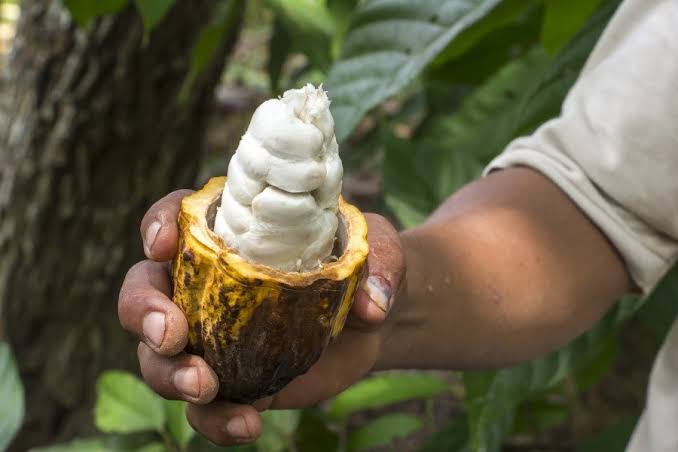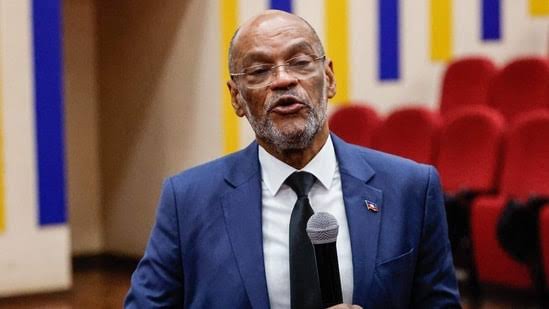
Faith Nyasuguta
Wanjira Mathai (pictured), a prominent environmentalist from the World Resources Institute, has called on Africa to take greater control of its industries and resources to uplift its people and steer towards a low-carbon future.
She stressed the importance of processing raw materials locally to maximize economic benefits and mitigate environmental consequences.
“How do we activate value chains in food and agriculture that build wealth for small farmers? Not commercial agriculture [that just means getting] bigger, bigger, bigger. But how do we get really good at building these sorts of economies for small farmers that are fairer, more equitable, that are about wellbeing?”
Mathai’s remarks highlight the critical need for Africa to take greater control of its industries and resources to uplift its people from poverty and shape its own destiny in a low-carbon world.
With vast resources spanning agriculture, forestry, fisheries, and minerals, Africa plays a crucial role in the global economy. However, the majority of these resources are extracted and processed elsewhere, depriving Africans of the economic and social benefits.
“By moving up the value chain, we will be able to generate much more income,” Mathai remarked.

Local processing of raw materials not only enhances economic prosperity but also reduces carbon emissions associated with transporting raw materials across the world. This shift towards local processing presents an opportunity for Africa to create sustainable, resilient economies that prioritize the wellbeing of its people.
Investment in clean energy infrastructure is paramount in harnessing Africa’s renewable energy potential and attracting industries to utilize these abundant low-carbon power sources.
Mathai emphasized, “Instead of thinking, export that energy, why not use manufacture in Namibia? I think there’s going to be real opportunities to expand manufacturing. It’s not about charity, it’s about partnership.”
However, Mathai warned against the reliance on fossil fuels, urging policymakers and investors to prioritize investments in clean energy solutions. “We will have ourselves to blame if they go the more traditional route [of fossil fuels], where finance is more available, because we’re seeing fossil fuel proliferation,” she cautioned.
As the impacts of climate change intensify, building resilience becomes increasingly imperative. Mathai stressed the need for resilience anchored in wealth creation, stating, “We have to build resilience that is deep, that is anchored in wealth creation.” Empowering communities through economic prosperity is essential in preparing for the challenges posed by climate change.

In essence, Mathai’s insights highlight the urgent need for Africa to seize control of its industries, process its raw materials locally, and invest in clean energy infrastructure to foster sustainable development and resilience in the face of climate change. By prioritizing economic prosperity and environmental sustainability, Africa can shape its own destiny and emerge as a global leader in the transition to a low-carbon future.
RELATED:




